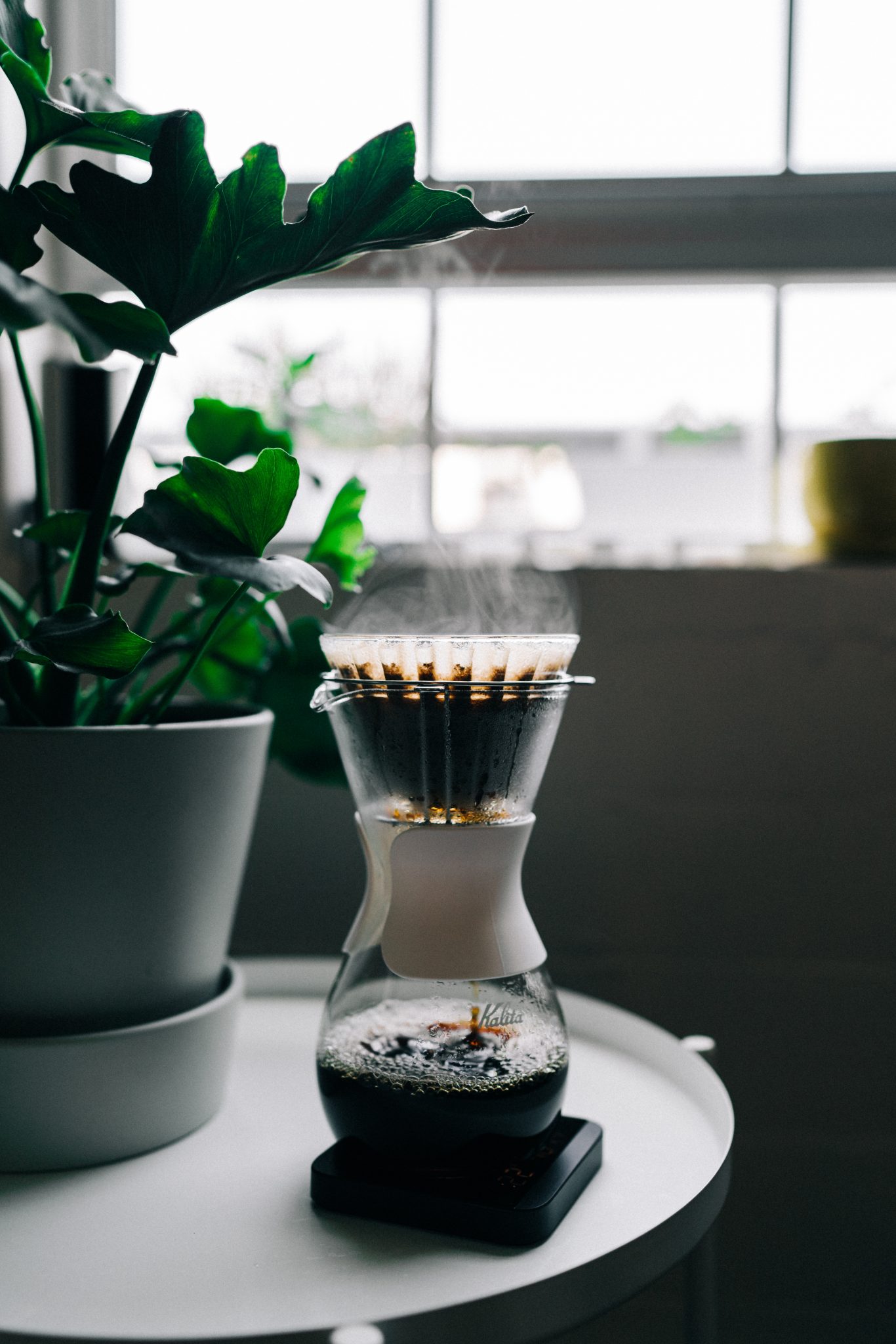Brewing your own coffee is a daily ritual for many people. It is the perfect way to start your day and energize your body. With a good cup of Joe, you can get the boost you need to face whatever life decides to throw at you that day. While there’s nothing wrong with getting your caffeine fix from your favorite coffee shop, you may not always have the time and energy to pass by your regular coffee joint. Many people love to craft their morning latte or espresso shot at home before they go about their day.
While others are looking for ways to save some money on the gallons of coffee they drink every day! Regardless of what category you belong to, brewing your own coffee at home can be a great idea. However, there are some common mistakes that can noticeably affect the final product. On that note, here is a list of some coffee brewing mistakes to avoid.
The Beans Are Not Fresh
Procuring whole fresh coffee beans is the most important step to guarantee a high-quality beverage. When going to the supermarket, it is easy to think that many coffee beans you find are fresh. This is mostly not the case. Coffee does not have a long shelf life. The beans start to lose their flavor rapidly after being roasted. They go into a process of oxidation, where the taste and aroma begin to go stale. So, it is better to make sure that the beans are fresh by purchasing small amounts to be used like any perishable grocery item. The best option is to find a local coffee store, where you can ask its owner for the schedule detailing the roasting time.
The Beans Are Improperly Ground
Every brewing method requires a particular grain size. Grinding your coffee in espresso machines differs from doing it for a filter coffee machine. It is common to get the size wrong at first; it takes a bit of practice in addition to proper knowledge to get it right. The dedicated coffee lovers at Brew Coffee At Home explain that using the incorrect grinder can result in a bitter or a bland taste. You can even notice dusty grains at the bottom of your coffee mug. While grinding may seem like a hectic process to master in the beginning of brewing your own coffee, its results are certainly worth the effort.
Neglecting the Water Quality and Temperature
While it is often overlooked, water takes a major part in caffeinated beverages. This means that what you put in your brewer influences the resulting taste in your mug. For instance, tap water typically contains chemicals and minerals that put a damper on your coffee’s flavor. It is wise to use bottled or filtered water to avoid any off-taste or odor. Because water highlights the flavor in your coffee, you should also pay attention to the temperature. The extraction of the taste relies on the temperature. For example, if the water is too cold, you can taste sourness and weak flavor. Your coffee will taste bitter and over-extracted in case the water is too hot. So, the range between 195F and 205F can be ideal to produce fine tasting coffee.
Improperly Storing the Beans
As previously mentioned, buying fresh beans is essential to a good cup of Joe. However, the way you store them should not be dismissed. People may find it easier to store their coffee in the refrigerator or the freezer. While convenient, this method exposes your beans to moisture and condensation, and we all know how moisture is a mortal enemy to coffee.
Additionally, your grounds will be more exposed to pungent foods and odors inside the fridge. To maintain that strong, signature flavor of your coffee, you need to store the beans in air-tight containers at room temperature. You should remember that certain factors affect the longevity of coffee: air, moisture, heat, and light. So, doing your best in keeping them at bay will ensure impeccable coffee quality for a longer time.
Forgetting to Clean the Equipment
The coffee-making process can include a plethora of tools and equipment. You get to use an espresso machine, filter, coffee machine, bean to cup machines, and French Press, among others. You should also focus on cleaning the pipes and chambers of machines, as they can be tricky. Regardless of what method you follow, all the used tools must be cleaned regularly. Water buildups can contaminate your upcoming cup of coffee and even cause health problems in the future.
Coffee is certainly one of the most popular caffeinated beverages in the world! While brewing your own coffee at home may seem easy, mistakes may happen and mess up the flavor and quality of your morning coffee. With the guide provided here, you can avoid the most common mistakes and get the signature taste and aroma you desire.


